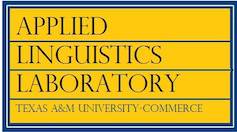Optimal and appropriate input in a second language: The potential of (modified-)elaborated input in distance and classroom learning
DOI:
https://doi.org/10.21283/2376905X.14.246Keywords:
INPUT APPROPRIATENESS, ELABORATED INPUT, MODIFIED-ELABORATED INPUT, DISTANCE LEARNINGAbstract
Instructors’ difficulties in judging whether linguistic material is suitable for their students' level seem to have been aggravated during the pandemic (Conti, 2021). In this situation, there is the risk of exposing learners to inappropriate input, which can be detrimental to language acquisition. The proposed solution, (modified-)elaborated input, is designed to increase comprehensibility without sacrificing the richness of authentic input, which is crucial for language acquisition (Long, 2015, 2020; O’Donnel, 2009; Yano, Long, & Ross, 1994). The features of elaborated input make its application beneficial in any kind of language course. In addition, in the context of online teaching, elaborated input can be a powerful tool to deal with the issue of input appropriateness. This work analyzes the theoretical underpinnings of elaborated and modified-elaborated input while providing a review of the existing empirical data supporting its effectiveness.
Downloads
Published
How to Cite
License
Copyright (c) 2021 Ilario Borro

This work is licensed under a Creative Commons Attribution 4.0 International License.


